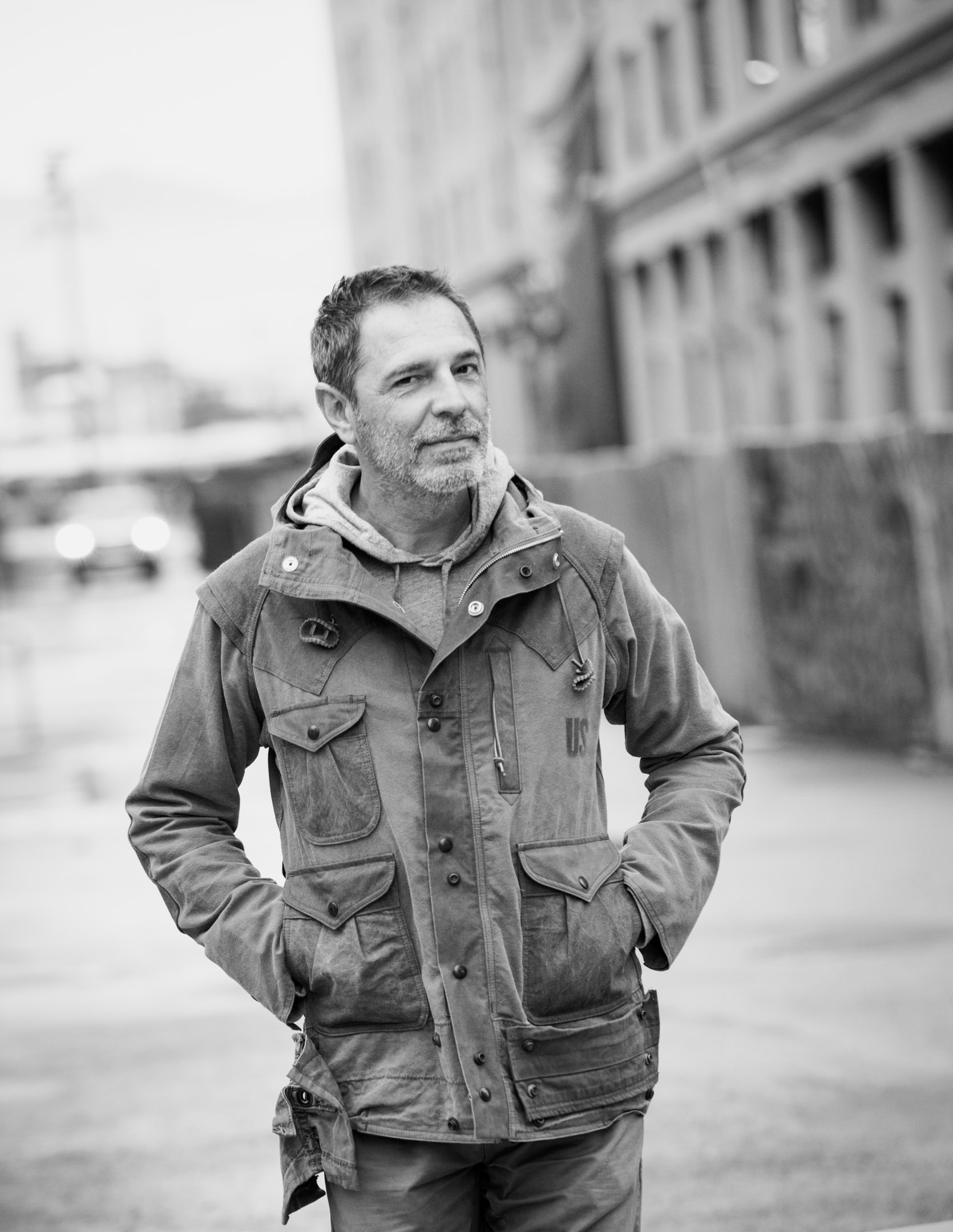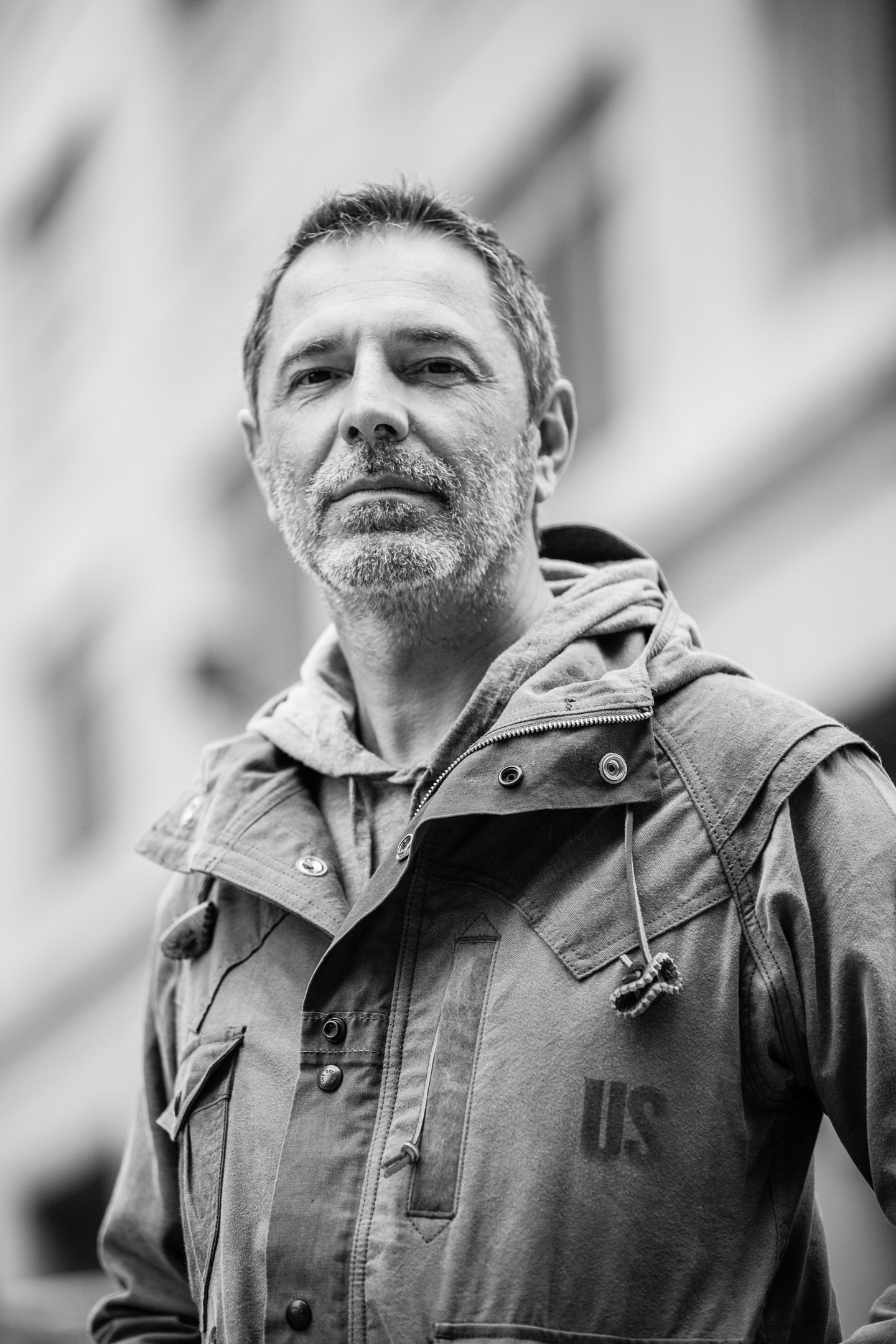
Two years into his stint as the exclusive importer of Jean-Paul Gaultier’s jewelry line, Jerome Jacques returned home to Los Angeles from a Visa-mandated trip to Paris with little more than $500 in his bank account. The selling wasn’t going too well.
He opened his mailbox to two letters: the first he opened was from his landlord asking about overdue rent; the second was a check from upscale department store Barneys that would cover both their order of jewelry and his rent.
“You have to have faith,” says Jacques.
Well, faith and a certain amount of hustle. Jacques has had both since he decided to move to America in 1997 with little more than a desire to work in fashion. The ups and downs of the path since have left him not exhausted, but invigorated. Maybe that’s because he never let the boom and bust of the retail industry life take anything away from his passion: the search for the perfect design and the people behind it.
“I really want to support people who make the product,” he told me. “It’s not about brands or marketing, it’s about the person stitching the jacket or making the beret.”

As a child growing up with two brothers in a little town 50 miles outside of Paris, Jacques would commandeer the car catalogue for the annual Paris Auto Show when it arrived in the family mailbox. Grabbing a marker, he’d redesign the cars. He’d grab his mother’s subscription to Elle magazine as well, before she had a chance to open it.
That enthusiasm led to his education at the renowned Sorbonne and a job in his 20s designing yachts in the south of France. But the optimism and excitement of America tugged at him.
After his stint with Jean-Paul Gaultier, he worked as the exclusive US distributor for several French and Japanese accessory companies. He saw both the boom times and the bust in 2008 and began to understand the limits of traditional retail. The future, he decided, wasn’t in big department stores and retail locations, but in startups.
“There’s this spirit of entrepreneurship that allows this country to be the most powerful economy in the world,” he says. “Although we can’t compete with China or Vietnam, we still have the creativity, which is the wealth.”
So five years ago, at the age of 46, he decided to stop working for others and began creating the retail future he believed in so strongly. Rather than abandon an industry at a massive, Amazon-directed crossroads, Jacques, whose friends call him “the big dreamer,” would “mutate” the idea of retail.
A few months ago, he opened up his first store in The Row, a massive new retail and creative office development cleverly carved into what was a turn-of-the-century produce market terminal along the railroad tracks in downtown LA.
Article Indéfini is a shop that sells products of strong quality and unique design made by independent labels. Their most important aspect to Jacques, however, is the stories behind them.
“A lot of people don’t necessarily know how their shirt is stitched,” he says. “Outside of the store, when you go to the art or craft fair and you meet designer who made that leather wallet, you feel more compelled to buy it, because you create a connection. This is the gap I’m trying to fill.”
In his well-designed, well-appointed space in downtown Los Angeles, Jacques sells berets from the French supplier that outfitted both the French military and Che Guevara. There are also the jackets from a Japanese designer he’s especially fond of, made of old canvas tents.
The products are a metaphor for Jacques’ overall approach, blending heritage and innovation. And the stories contained within the walls of his shop outweigh any of the potential money to be made by scaling big.
“There are more people that appreciate things that are made on a small scale,” he says. “This is the way I want to approach the business. I don’t want to sell more; as long as I make enough for us to function, that’s all I need.”

The ideas expressed here are solely the opinions of the author and are not researched or verified by AGEIST LLC, or anyone associated with AGEIST LLC. This material should not be construed as medical advice or recommendation, it is for informational use only. We encourage all readers to discuss with your qualified practitioners the relevance of the application of any of these ideas to your life. The recommendations contained herein are not intended to diagnose, treat, cure or prevent any disease. You should always consult your physician or other qualified health provider before starting any new treatment or stopping any treatment that has been prescribed for you by your physician or other qualified health provider. Please call your doctor or 911 immediately if you think you may have a medical or psychiatric emergency.


